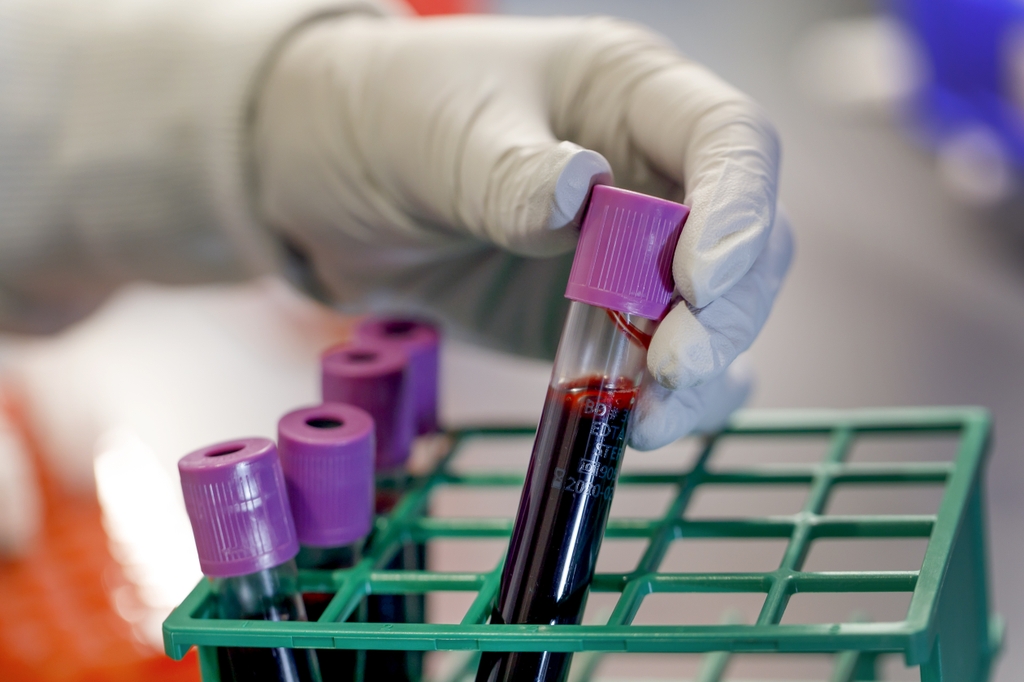
A new molecule developed by researchers at Oregon Health & Science University offers a promising avenue to treat intractable cases of triple-negative breast cancer — a form of cancer that is notoriously aggressive and lacks effective treatments.
In a study published today in the journal Cell Reports Medicine, researchers describe the effect of a molecule known as SU212 to inhibit an enzyme that is critical to cancer progression. The research was conducted in a humanized mouse model.

"It's an important step forward to treat triple-negative breast cancer," said senior author Sanjay V. Malhotra, Ph.D., co-director of the Center for Experimental Therapeutics in the OHSU Knight Cancer Institute. "Triple-negative breast cancer is an aggressive form of cancer and there are no effective drugs available right now."
The next step in developing a treatment involves advancing the molecule toward a clinical trial for people, a process that requires a substantial investment of resources to garner Food and Drug Administration approval and to initiate clinical trials.






